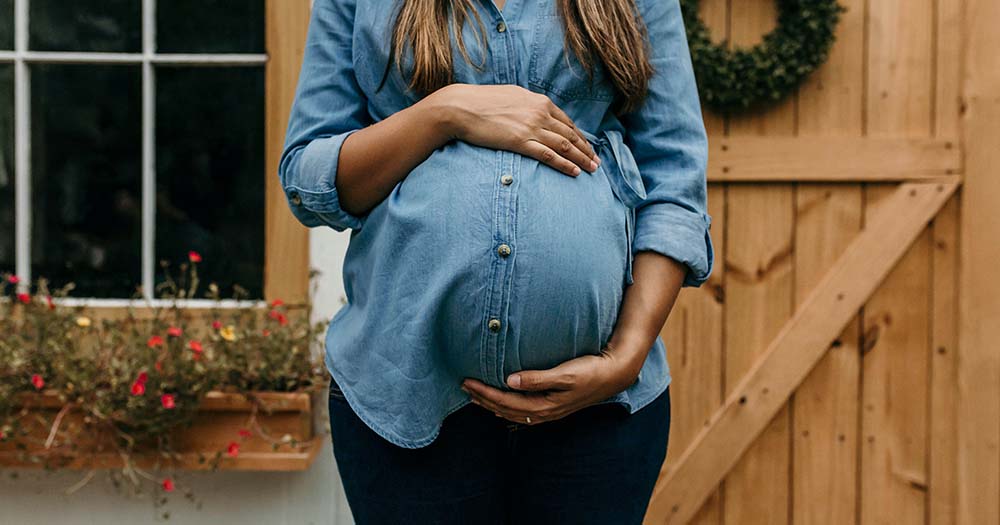Thousands of couples across Ireland are celebrating the new international surrogacy legislation that is underway.
The Assisted Human Reproduction (AHR) Bill was drafted by the Department of Health earlier this year to improve the process of adoption via surrogacy. New amendments to the bill are set to approve overseas surrogacy and allow both parents within a couple to be legally recognised as their child’s parents by Irish law.
Monumental day for thousands of families around Ireland today. Legislation that will fully protect our children . A huge thank you to @HMcEntee @DonnellyStephen @rodericogorman and all of the Special Joint Oireachtas Committee especially @SeeryKearney ??? https://t.co/ZWR3Ep9RN4
— Irish Families Through Surrogacy (@IrishFamiliesTS) November 13, 2022
Under existing legislation, it is difficult for couples to be legally recognised as the parents of their children when they are born via surrogacy.
Even if a parent provides their egg to the surrogate, the person who gives birth is designated as the legal mother of the child. Under these circumstances, the second parent can apply for legal guardianship when the child is two years-old, but this guardianship terminates when the child is 18.
Because the process was previously unregulated, thousands of couples in Ireland face challenges regarding their legal parental status. This is particularly problematic when parents are expected to sign official documents related to vaccinations, bank accounts, or passports. In these cases, only the legally designated parent is allowed to sign for their child.
Earlier this year the Irish government established a special joint Oireachtas committee to evaluate the current international surrogacy process and create a framework for improving the discrepancies going forward, and a report released in July outlined how the government plans to ensure that the rights and welfare of children and intended parents are all considered and protected.
The amendments announced this week will impact thousands of parents in same-sex relationships in Ireland. Many LGBTQ+ couples pursue international surrogacy because it is the only option for couples who want to have a biological child if neither person can carry a pregnancy.
Ciara Merrigan, chairwoman of Irish Families Through Surrogacy described the news as absolutely monumental. She shared: “I have had phone calls from families in tears today, including myself looking at my children finally knowing I will be recognised as their mother. It’s actually overwhelming.”
The bill amendments which are currently going through Dáil aim to grant full legal rights to both existing and prospective couples of children born through international surrogacy. The legislation will likely come before the Cabinet for approval next week. Advocates hope that the amendments will gain cross-party support and that the legislation will be passed in the courts early next year.
© 2022 GCN (Gay Community News). All rights reserved.
Support GCN
GCN is a free, vital resource for Ireland’s LGBTQ+ community since 1988.
GCN is a trading name of National LGBT Federation CLG, a registered charity - Charity Number: 20034580.
GCN relies on the generous support of the community and allies to sustain the crucial work that we do. Producing GCN is costly, and, in an industry which has been hugely impacted by rising costs, we need your support to help sustain and grow this vital resource.
Supporting GCN for as little as €1.99 per month will help us continue our work as Ireland’s free, independent LGBTQ+ media.
